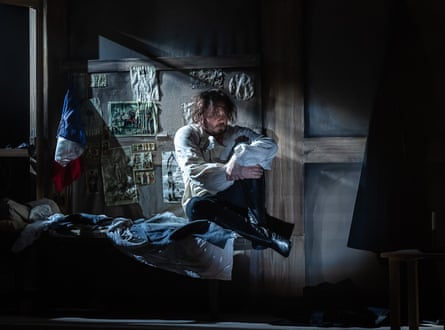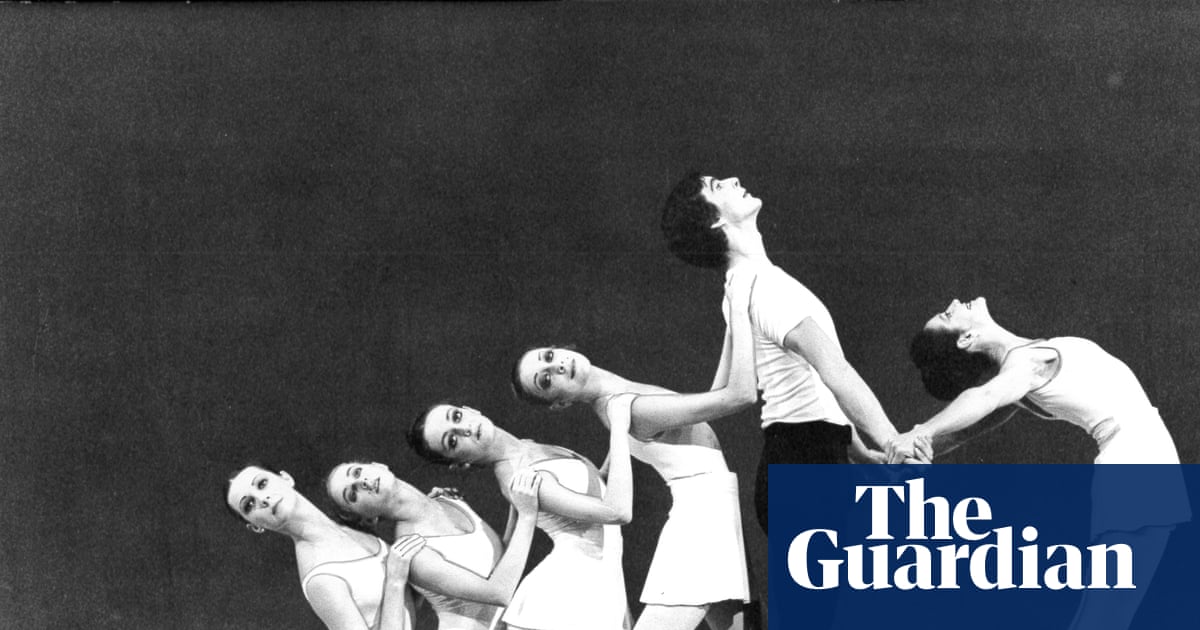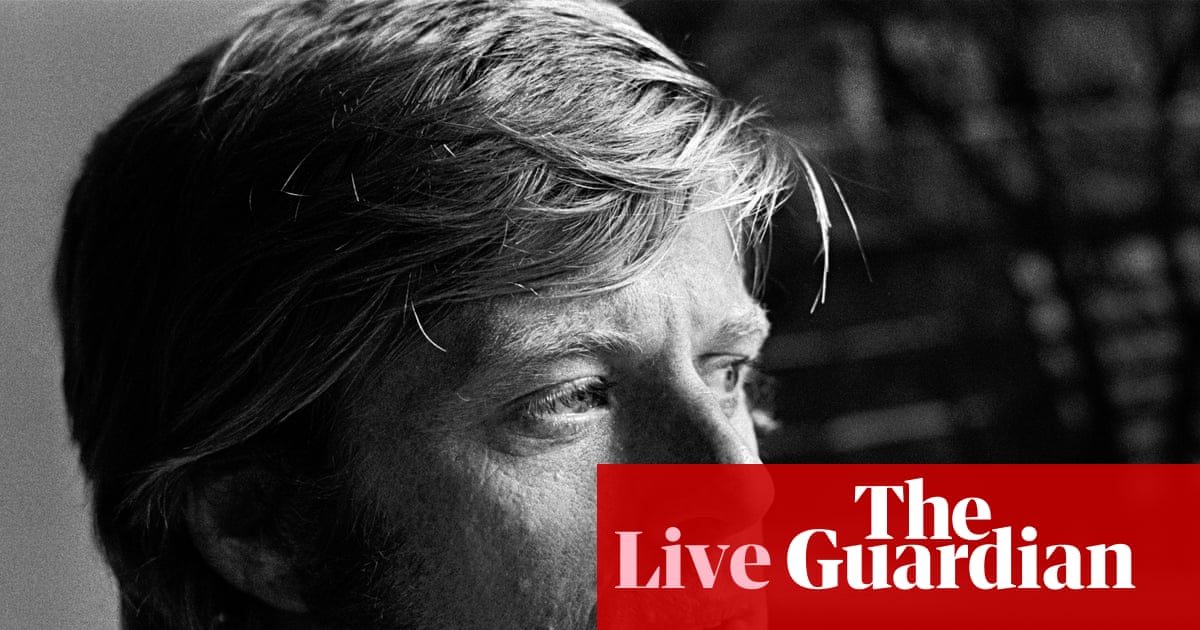Garsington’s production of The Queen of Spades leaves little room for doubt that this is Tchaikovsky’s most substantial and forward-looking operatic achievement. There are a few debatable aspects to Jack Furness’s ingeniously busy production and Tom Piper’s mirror-dominated stage designs, and on the opening night it took time for the show to fully hit its musical stride. Overall, though, this is an overwhelmingly convincing staging of a genuine music drama, and it will surely come to be seen as one of Garsington’s most notable milestones.
The opera’s 18th-century setting, following Pushkin’s short story, is retained. But in every other respect this is an unmistakably dark 21st-century reading. Furness is good at inserting troubling new details into the opera’s apparently sunnier moments, literally so when black curtains zip across the late afternoon Garsington windows. The children playing soldiers on the banks of the Neva are here more sinister than cute, while the costume ball scene is riddled with transgressive suggestion. Suffice to say that the grand entrance of Catherine the Great after the ball scene’s pastorale will not end as traditionalists will expect either.

A successful performance of The Queen of Spades never rests solely on the shoulders of the opera’s tortured antihero Hermann. Tchaikovsky’s opera contains too many other fine cameos and ensembles for that. But without an outstanding Hermann, the opera’s uniquely visceral impact might misfire. Fortunately, Garsington has a true Hermann in its ranks, in the shape of the Germany-based Irish tenor Aaron Cawley, who sings the role with prodigious intensity, almost too agonisingly, and with a brooding Heathcliffian presence which at times threatens to eclipse everything else on stage.
Yet this is as it should be. Hermann’s obsessive gambling, social awkwardness and sexual frustration are the dramatic focus of the opera in ways that look forward to the 20th century, to Berg’s unhappy Wozzeck and to Britten’s troubled loner Peter Grimes, a role for which Cawley would be ideal. Under Douglas Boyd’s baton, Tchaikovsky’s compulsive and innovative score, full of expressive woodwind detail and driven forwards by the march of fate, does the rest.
Among the other principals, Laura Wilde is a suitably haunted and haunting Lisa, movingly depicting her character’s journey from security to despair. Stephanie Wake-Edwards is bright and characterful as her friend Polina. Diana Montague, as vocally elegant as ever, plays the aged Countess without hamming the role. Robert Hayward uses his many arts to give more depth to Hermann’s friend Tomsky than usual, while Roderick Williams does an eloquently sympathetic turn as the disappointed Prince Yeletsky.

.png) 3 months ago
106
3 months ago
106

















































